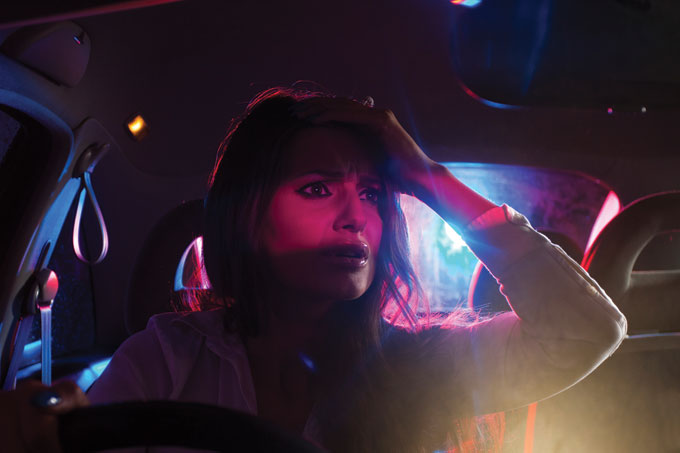DRINK DRIVING AND THE MORNING AFTER
On average it takes around one hour per unit of alcohol, though this can vary depending on a number of factors...

It takes a lot longer than most people think for alcohol to pass through the body.
On average it takes around one hour per unit of alcohol, though this can vary depending on a number of factors.
Because of this, there is a real risk that people who would not dream of driving after drinking may still be unwittingly over the drink drive limit the morning after.
This includes people going about everyday activities such as driving to work, doing the school run, popping to the shops or going to see friends.
Here are a couple of facts about drink driving and the ‘morning after’:
- Data shows that during 2021, there were 740 reported drink-drive collisions between the hours of 5am and 1pm, defined as the ‘morning after’ period. This represents 16% of all drink drive collisions that year.
- Meanwhile in 2019 (the latest data available), police forces administered 27,515 breath tests after a collision during the same time period - 35% of all tests carried out.
We're not saying 'don't drink', but we are saying 'don't drink anything if you are driving' and 'don't drink heavily if you have to drive the following morning'.
